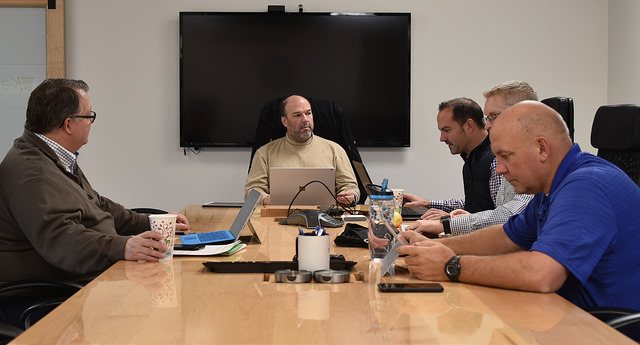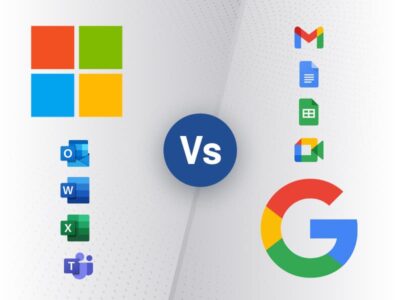A phrase now commonly used is the “internet of things”: cell phones, thermostats, health meters, freezers, cars and other common devices that surround us connected to the internet. Many people are concerned about privacy, especially with the news about the US government’s NSA surveillance and data collection programs. But Google, Yahoo, and others collect a constant stream of information about us, information that includes our location, emails, web searches, and a host of other data. We may regard this in our web browsing or posts to Facebook, that what we do and say online is recorded. But the things we have that are connected to the internet are also collecting information. These “things” when setup and used often have some identifying information they collect that is associated with us. Google purchased Nest, a popular thermostat that the owner programs and controls remotely, and which “learns” about schedules and preferences and begins to conveniently behave in the way we would prefer. This same understanding is being stored on Nest servers.

A recent article on Forbes.com outlines the habits and impact of Nest, as well as FitBit, the little device people wear that counts their steps, records their sleep, etc. These companies have been collecting a lot of personal information, and with a mind to increase their revenue, they are now sharing it with third parties. You may have some control over what they collect and share, so be mindful of any boxes you check and permissions you allow.
In many cases, the information collected is quite helpful. It could be given to your physician to provide essential healthcare diagnostics, or shared with your insurer to reduce your rates, or given to an electric company to allow them to set your temperature during peak usage in exchange for a reduction in rates. All of these sound great, and can be very beneficial but you should be aware that the “things” you have are generating a lot of data, all of it connected to you.
Here are some guidelines to better understand and implement good practices around this new tracking.
- Understand that the data collected can be combined with other data to get a more complete picture of you. The Nest thermostat is in your home, where your web browser is running and you log in to Gmail. Google now has access to your temperature, inferred sleep or work patterns (when you turn down or turn up the the thermostat, start browsing and checking email, etc.)
- Even if the company is not the same between two devices, they may share or sell the data collected to each other or others to combine and paint a picture of your habits.
- The data collected may be completely legitimate, and you gain great value from it. But because it was collected, it is also possible that the collectors will be breached and your data is in the wild. No one can guarantee that your data will always be safe.
- You may be incented to agree to the data collection based on some savings. People insured by Progressive may be asked to install a “snapshot” device that records their speed, braking, and a lot of other information. The idea is that you may be certified to be a safe driver, and therefore qualify for reduced rates. The problem is that these reduced rates often disappear, and the amount of data collected expands. As someone said “the first hit on the crack pipe is free.” Be careful to understand and watch for the long term benefits.
- The applications you install on your mobile phone or iPad ask for certain permissions, pay attention to these. They will request permission to your location, text messages, calls, emails, contacts, etc. Some of this is very legitimate, a weather app asking for permission to your location is doing so in order to present the local weather conditions. But you should be aware of what they want and why. At any time, a person may have 20 or more apps installed that are recording their location, along with numerous websites via their browser. That may not be needed or provide any value, and may increase your risk.
I hope you get better sense of the amazing amount of data being collected via the devices you carry or have – and can understand what may be done with that data. I welcome your feedback and thoughts on how you view this.




